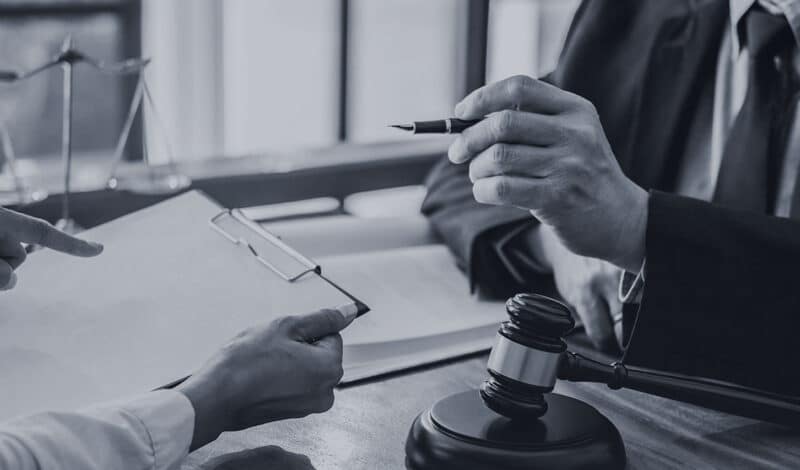Hello, it’s Bradley Bailyn again. Happy Sunday.
This is episode number five of the You Can’t Be Serious (YCBS!) podcast.
Today, we’re going to be talking about recording telephone calls.
That whole thorny issue that everybody always warns you about in vague terms, but no one ever knows what the law is exactly. So let me see if I can give you a little bit better idea of what’s going on than you previously had.
So basically, you’ve got three things going on. You’ve got federal law, you’ve got your state’s law, and then you’ve got the law of California, potentially other states like California. But California’s the granddaddy of states that make their own laws that basically drag the other 49 states along with them.
So federally, in order to not violate the eavesdropping law, one party to the communication has to know about and consent to the recording. So New York has the same law except for certain sales and telemarketing calls. So you really should consult with an attorney, me or someone else, before you decide to start recording your business calls without specifically getting consent.
But regardless, New York is considered a one party state generally. And federally, it’s also a one party rule. However, like anything else, when there is an opportunity to abuse the law, a lot of law firms come right in and do just that. So there are plenty of law firms in California that have been calling companies that don’t have an office in California and they’re not otherwise located in California and suing them for not disclosing to the caller that the call is being recorded.
Now, there was recently an article in the American Bar Association’s journal talking about a case where there was a company that did actually get consent and have recordings and all that stuff.
But the law firm managed to find some kind of a local number, not the main number people call, but some kind of a local number to one of their stores that did not have a prerecorded disclaimer.
And they sued them for that and they had to pay out some money.
So you really have to be careful.
Now, typically, it’s going to be the law of the state that the company is in that counts. But some courts in California have ruled that if it’s effecting someone in California, then you have to apply California law.
So. What are your options here?
The first option is just not to record your calls at all, which is what a lot of individuals and companies do.
The second option is to record your incoming calls, which a lot of people do, because on an incoming call it’s very easy to just have an automated recording that just says, please note that for quality assurances, all calls are being recorded.
But for outgoing calls, it can be a little bit harder because the person making the calls has to remember to say Hello, my name is so-and-so. This call may be recorded for quality assurance or play some kind of a recording, which is kind of awkward. So you know, but if you’re going to want to do business in the 50 states, you may need to do that.
Because keep in mind, nowadays, a caller in California may have a New York phone number. These phone area codes mean a lot less than they used to.
So you really have no effective way of knowing if somebody is calling you from California or some other state that may have similar two party laws. So that’s something that you’re going to want to keep in mind.
And let me see, are there any other options that you’re going to have here?
Oh.
The last option is that at least for your customers, you can, in the initial service contract that they signed, you can get permission in the contract. Remember in a previous podcast, we talked about how you can get permission to do a heck of a lot of things just by putting it into the contract. And that is typically valid.
You can write in the contract calls may be recorded and you hereby consent to that. So that can be helpful just for recording calls with your customers.
But the long and the short of it is probably better to either not record or if you’re going to record, then be really, really careful to make sure that if you’re recording on incoming only that you have a prerecorded message and the prerecorded message needs to be recorded, not just the phone call, but you need that proof that they received that notification. Or if you’re going to include outgoing calls, then you better have a really good system in place to make sure that no customer ever is not notified about the calls.
This does get a little bit confusing, but it can be a very important issue.
If you have further questions about this, please give me a call at 646-326-9971. Or text me.
Or send me an email at brad@bailynlaw.com.
Also, if you have any questions that you would like me to address in a future podcast please let me know and I will be happy to address it.
Keep in mind, as a disclaimer, this is not legal advice. This is general information. The facts of your case may make everything I’m saying here irrelevant to your specific situation.
So if you have questions, you cannot rely on this video. You need to speak with a lawyer. Me or somebody else.
If there’s a subscribe button on any platform that you’re currently using, then please click the subscribe button so that you get more of my insightful tips and tricks and pieces of information that you might not know otherwise.
Have a wonderful day and thank you for listening and watching.




